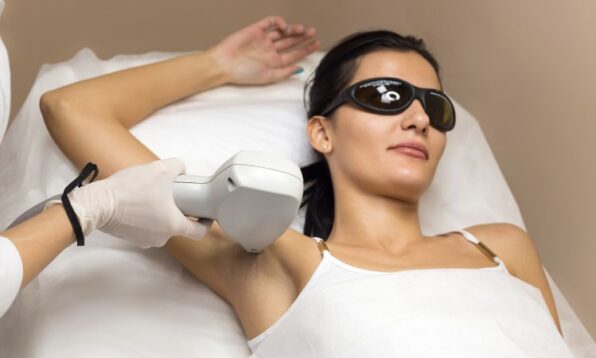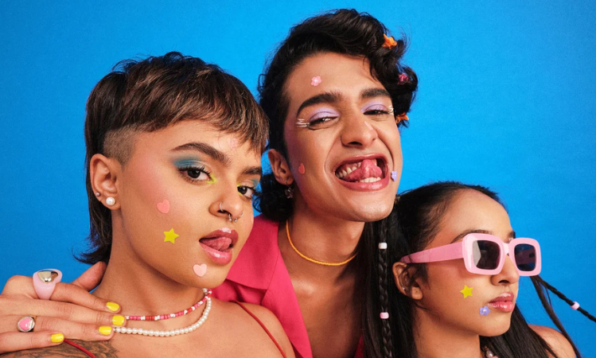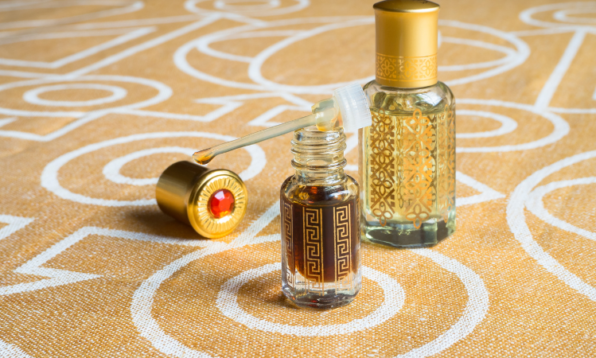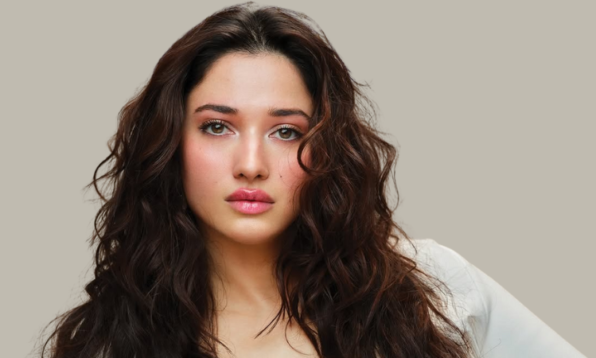“Go sulphate-free!” is the advice that pops up everywhere, from influencers and hairstylists to the back of your shampoo bottle. But what exactly are sulphates, and are they truly the villains of the hair care world? Or is this just another beauty buzzword making us feel guilty about our foamy showers? We spoke to dermatologist Dr Thalha to break down the facts from the fluff. And the answers might just surprise you.
Not all sulphates are created equal
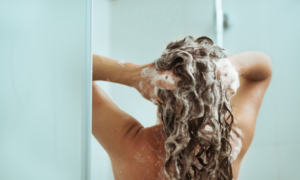
Sulphates are strong cleansing agents used in everything from shampoos to dish soaps. In your hair products, they work like tiny magnets, lifting away dirt, oil, and product buildup.
“Sometimes, this deep-cleansing action can be too harsh, stripping away not just excess oil but also the scalp’s natural protective oils,” says Dr Thalha. And this leads to dryness, flakiness, or even sensitivity over time, especially in dry environments.
Just because a label says “sulphate” doesn’t mean it’s the same kind. Sodium Lauryl Sulphate (SLS) is the strongest and most drying, while Sodium Laureth Sulphate (SLES) is a gentler cousin made through an extra chemical process. “They sound similar, but how they affect your hair and scalp is very different,” Dr Thalha explains. The key is in understanding their strength and your own needs.
What do sulphates do for hair fall and dandruff?
Let’s bust the myth: sulphates don’t directly cause hair loss. But for people with sensitive scalps or conditions like eczema or seborrheic dermatitis, they can definitely contribute to irritation and breakage. “In these cases, it’s not true hair fall, it’s weakened strands coming off,” Dr Thalha clarifies. If your drain’s looking more crowded than usual after using a sulphate shampoo, switching to a sulphate-free one will help.
If you’re battling dandruff or dealing with a dry, itchy scalp, you might assume that sulphates are the first thing to cut out. And while it’s true that sulphates can strip away natural oils and worsen flakiness in sensitive individuals, it’s not a one-size-fits-all rule. “Some anti-dandruff shampoos still contain sulphates,” says Dr Thalha. “But they also include active ingredients that control flakes effectively.” Dr Thalha recommends seeing a dermatologist if you have dandruff or a dry scalp.
Coloured hair? You’ll want to read this
Along with dry scalps, sulphates aren’t friends with coloured hair either. If your hair is coloured, bleached, or chemically treated, sulphates can speed up fading and make strands feel straw-like. “Sulphates are strong cleansers, so they tend to remove the dye and natural moisture from the hair,” says Dr Thalha. A sulphate-free formula helps maintain both colour and moisture.
Sulphate-free sounds great…but is it always better?
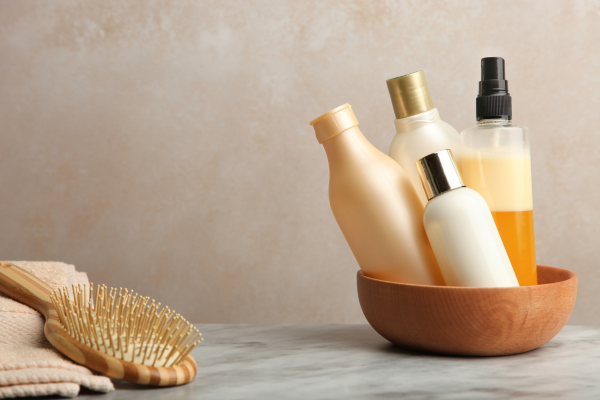
A product being “sulphate-free” doesn’t automatically make it better. If your hair is dry, frizzy, colour-treated, or you have a sensitive scalp, consider this your cue to switch. Sulphates create a negative charge that can lead to flyaways and frizz. “I recommend patients with sensitive, dry scalps, those with eczema, rosacea, or seborrheic dermatitis to avoid sulphates,” Dr Thalha says. Gentler alternatives like Sodium Cocoyl Isethionate or Decyl Glucoside are better for preserving natural oils and peace of mind.
But should you be avoiding sulphates altogether? No. Dr Thalha emphasises: “It’s about the entire formulation. You can have a sulphate-free shampoo that’s still harsh due to other ingredients.” Look for formulas that pair cleansing with conditioning agents like biotin and glycerin, and always consider how your hair feels, not just what the label promises.
Sulphates aren’t inherently bad, they’re just not for everyone. They’re brilliant cleansers but can be overkill if your scalp is sensitive or your hair is fragile. Whether you choose to ditch them or not depends on your unique needs, not just trends. As with most things in skincare and haircare, it’s about balance.
If you want to connect with dermatologist Dr Mohammed Thalha for more personalised skin and hair care advice, you can find them here.
Images Source
Featured Image Source
Related: Is Oiling The Best Way To Get Thick, Long Hair? Dermatologist Says No!

 Web Stories
Web Stories







